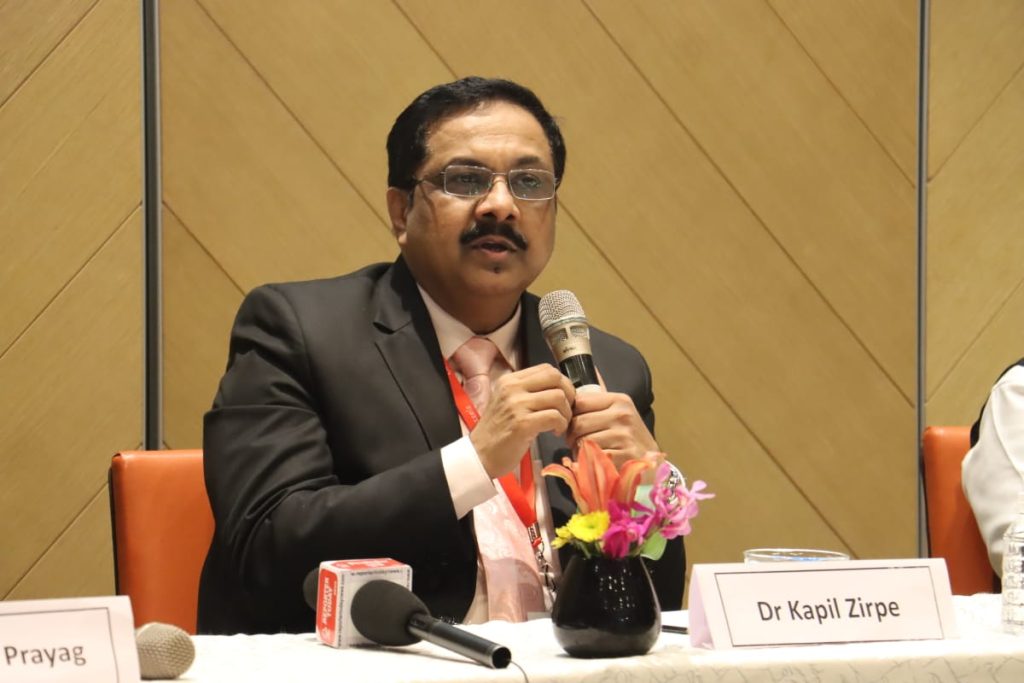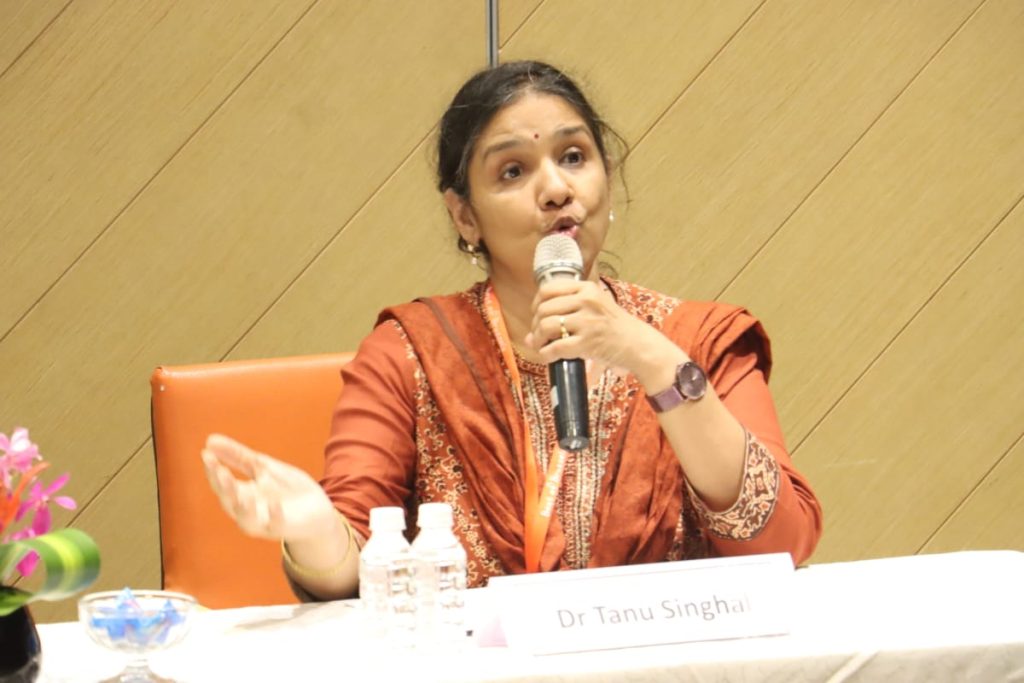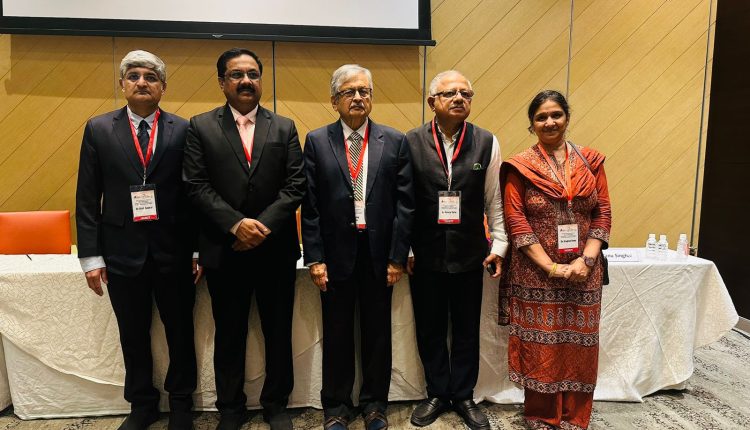During the 12th Annual International Best of Brussels Symposium on Intensive Care & Emergency Medicine, experts emphasized addressing multiple drivers to tackle AMR
Pune – At the prestigious 12th Annual International Best of Brussels Symposium on Intensive Care & Emergency Medicine held in Pune, leading experts from the country emphasized on the need for integrated strategies to tackle the rising trend of antimicrobial resistance (AMR) in India. While people have been advised on curbing irrational use of antibiotics, experts Dr Kapil Zirpe, Dr Subhal Dixit, Dr Shirish Prayag, Dr Tanu Singhal, Dr Yatin Mehta during a press conference, opined that the issue needs to be effectively addressed through collaborative efforts and integrated strategies.

Dr Kapil Zirpe, Past president of ISCCM, Organizing Secretary , Best Of Brussels and Director of Stroke unit, said, “75%-85% of antibiotics are used in poultry farms. Governments should impose stricter use to control antibiotic use in the poultry farm. India is at number one in antibiotic use across the world. Every year, we see 7% to 8% rise in outpatients and 11 % rise in indoor patients due to antibiotic overuse. Clinicians should know when to prescribe antibiotics and when not to do so. Common people should be educated regarding the irrational use of antibiotics.
Emphasizing on Sepsis as a serious health problem, Dr Subhal Dixit, JOINT Organizing SECRETARY , Best of Brussels AND PAST PRESIDENT ISCCM , said “Sepsis is a global problem, killing 10 million people annually and this is one of the largest cause of mortality in intensive care alongwith heart attacks or strokes. Data from WHO or Surviving Sepsis guidelines state that 50 million patients were admitted in various ICUs across the world due to Sepsis. Even in India, large number of sepsis patients are admitted and we expect that the rates will double by 2050, in case we do not take any action in curbing AMR. India is not at par with western and European countries when it comes to AMR.”
Emphasizing on poor quality antibiotics, Dr Shirish Prayag, Past president of ISCCM, Organizing Chairman, Best Of Brussels said: One of the reasons for increasing AMR prevalence is poor quality antibiotics that are available in the market. This should be immediately controlled and only good quality antibiotics from reputed organizations should be available in the market. In India, AMR is increasing at an alarming rate and India is one of the capital of AMR globally.

Dr Tanu Singhal, Consultant Pediatrics and Infectious Diseases, Kokilaben Dhirubhai Ambani Hospital, Mumbai said “Antimicrobial resistance is because of excessive use of antibiotics. The stakeholders are the Government, pharmaceuticals industries, doctors and the patients. Everybody has to come together. The Government’s responsibility is to enforce laws so that people dont buy antibiotics over the counter and fhrough pharmacists. Patients should not misuse antibiotics. Addressing AMR is a collective effort which is the need of the hour. The pipeline of newer drugs is slower and soon we will be in the era of pre-antibiotics where no antibiotics will be left to treat infections. High Antibiotics usage is also due to expensive diagnostics. If cheaper and readily available diagnostics are available then it is easy to find the cause of the condition and not prescribe antibiotics. Antibiotics is not a cure for each and every disease. Doctors should explain patients about antimicrobial resistance.”
Dr Yatin Mehta, Joint Organizing Secretary, Best of Brussels 2024 said, “Clinicians should not prescribe unnecessary antibiotics. Every hospital should have antibiotic stewardship program which should be strictly followed. India is one of the capital of the world’s antimicrobial resistance. Every hospital should have audit of what antibiotics or antifungals are being administered on a regular basis.”

